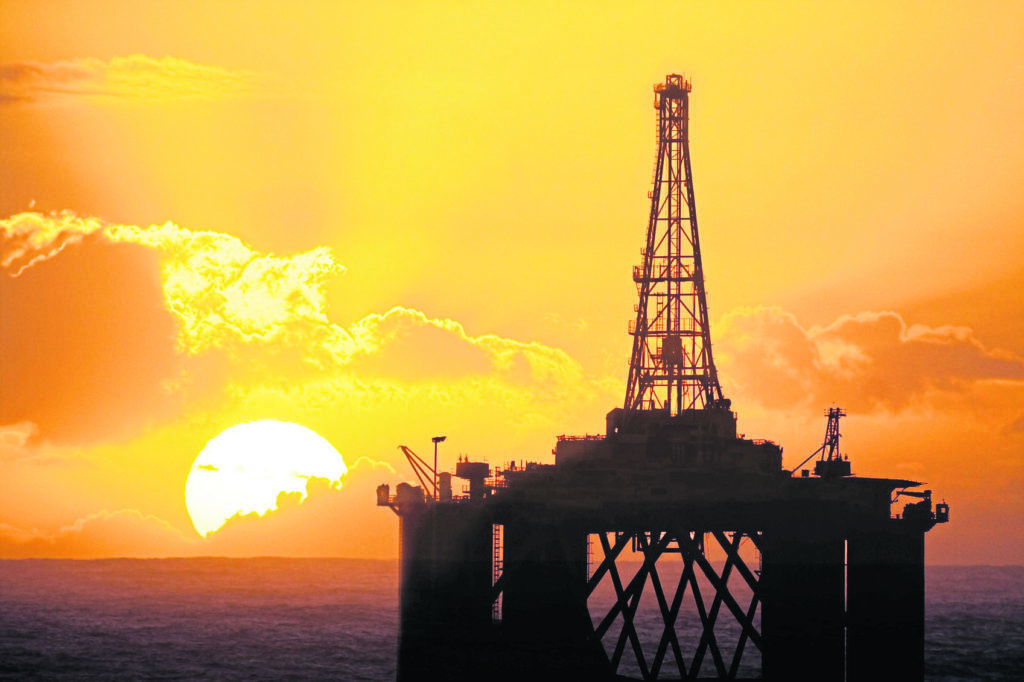
Offshore service market spending will outgrow onshore shale this year, energy researcher Rystad Energy said.
Despite the recent oil price slide, the offshore service market will grow by 4% in 2019, while shale stays flat.
Companies servicing the subsea market and those working in the maintenance, modifications and operations (MMO) segments will reap the benefits.
Audun Martinsen, head of oilfield services research at Rystad, said: “Many would expect offshore spending to be cut as drastically as shale, but offshore budgets were at a 10-year low last year, after four years of intense cost focus, and from that level you don’t need much additional activity or inflation to drive up the market.”
Shale budgets have been cut “drastically” to compensate for the anticipated loss of revenues caused by the drop in prices in the fourth quarter.
Mr Martinsen said: “We saw the tendency already last month that the shale service market started to hit the brakes.
“The number of fracked wells per day dropped from an average of around 50 wells per day to 44 wells per day, and frack service pricing continued to fall in the fourth quarter of 2018.
“For the full year of 2019 we expect more or less the same number of wells completed, at around 20,000 wells, and we do not anticipate seeing utilisation returning to the levels as seen in early 2018.”
Rystad expects the uptick in offshore spending to be driven by exploration and greenfield projects.
Opex will likely swell thanks to cost inflation, more fields coming on stream, and a buildup of work that needs to be completed.
A Brent crude price of $64 per barrel would see both shale and offshore grow at around 5%, but in a scenario where Brent climbs to $70 per barrel, the shale industry could achieve an impressive 14% growth.
“Investors now need to position their bets correctly based on their price strip assumptions. As long as oil prices are below $60 a barrel for Brent it could be interesting to take a second look at service contractors exposed to the offshore sector to see what they have to offer as compared to service companies exposed to shale,” Mr Martinsen added.
Recommended for you

